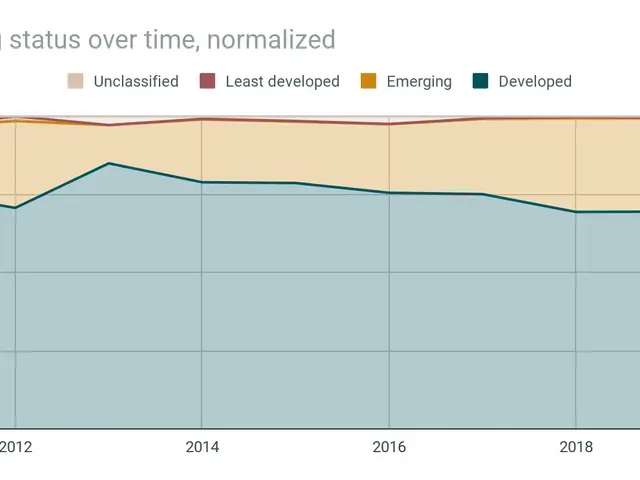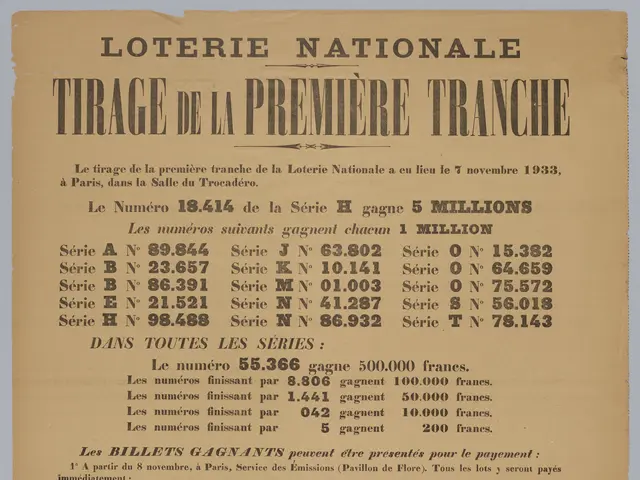Disagreements over government involvement in tour operator TUI's affairs persist among economists
In the heart of the global pandemic, the tourism industry finds itself in a precarious position, with experts such as Veronika Grimm, a professor from Erlangen and a member of the Council of Experts, predicting a particularly hard hit. Grimm's sentiments are echoed by Niklas Potrafke, director of the Center for Public Finance and Political Economy at the Ifo Institute in Munich.
Amidst the gloom, TUI, one of the world's leading tourism groups, has received renewed aid, a decision that has sparked debate among economists. Friedrich Heinemann, from the Center for European Economic Research (ZEW), considers this aid "justifiable," while others, like Jan Schnellenbach, a professor at TU Cottbus, view the state's involvement as a mistake.
Schnellenbach raises concerns about the role of the state as an impartial referee in market regulation, arguing that its acquisition of shares in private companies, such as TUI, could endanger the perception of its core regulatory tasks. He compares the state's involvement in TUI to the example of Commerzbank, suggesting that exits from such ventures are often postponed too long.
Potrafke, however, does not fundamentally object to the state's involvement in TUI but warns of potential consequences. He shares Grimm's concern about the potential political difficulty of finding the right time for an exit from state involvement in TUI, particularly given the possibility that business models and profit situations in the tourism industry may change permanently due to lasting changes in people's behavior.
Heinemann, on the other hand, believes that the tourism sector will recover more quickly than business travel once population vaccination gets underway. He argues that a vacation cannot be replaced by a video conference, a sentiment shared by many in the industry. With the availability of vaccines, the situation in the tourism industry will improve in the long term, according to both Grimm and Heinemann.
Yet, the argument that the state should become an owner of TUI to make a good deal for the taxpayer with the sale of shares after the crisis does not hold, according to Schnellenbach. The state is not an investment fund, he asserts, and its role should not be to secure the existence of affected companies like TUI during a crisis.
In conclusion, the debate over the state's role in TUI is a complex one, with experts offering a range of perspectives. While some, like Heinemann, see the state's intervention as a necessary step to help TUI through the rough patch, others, such as Schnellenbach, warn of the potential long-term consequences of such intervention. As the tourism industry navigates the challenges posed by the pandemic, these debates will undoubtedly continue to shape its future.
Read also:
- Peptide YY (PYY): Exploring its Role in Appetite Suppression, Intestinal Health, and Cognitive Links
- Toddler Health: Rotavirus Signs, Origins, and Potential Complications
- Digestive issues and heart discomfort: Root causes and associated health conditions
- House Infernos: Deadly Hazards Surpassing the Flames







